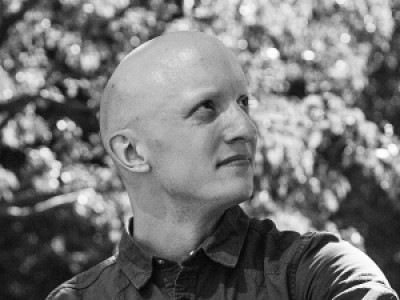Audiobook Narration - Amusing Ourselves to Death
Description
Vocal Characteristics
Language
EnglishVoice Age
Young Adult (18-35)Accents
North American (General) North American (US General American - GenAM)Transcript
Note: Transcripts are generated using speech recognition software and may contain errors.
This is an excerpt from Amusing Ourselves to Death by Neil Postman. We were keeping our eye on 1984 when the year came, and the prophecy didn't thoughtful Americans saying softly in praise of themselves. The roots of liberal democracy had held wherever else the terror had happened. We at least had not been visited by Orwellian nightmares. But we had for gotten that. Alongside Orwell's dark vision, there was another slightly older, slightly less well known, equally chilling Aldous Huxley's Brave New World. Contrary to common belief, even among the educated, Huxley and Orwell did not prophesized the same thing. Orwell warns that we will be overcome by an externally imposed oppression. But in Huxley's vision, no big brother is required to deprive people of their autonomy, maturity and history as he saw it. People will come toe love their oppression, to adore the technologies that undo their capacities. To think what Orwell feared were those who would ban books. What Huxley feared was that there would be no reason to ban a book, for there would be no one who wanted to read one. Orwell feared those who would deprive us of information. Huxley feared those who would give us so much that we would be reduced to passivity and egoism. Orwell feared that the truth would be concealed from us. Huxley feared the truth would be drowned in a sea of irrelevance. Orwell feared we would become a captive culture. I actually feared we would become a trivial culture preoccupied with some equivalent of the feely's the orgy Porgy and the centrifugal Bumble Puppy. As Huxley remarked in Brave New World Revisited, the civil libertarians and rationalists who are ever on the alert to oppose tyranny failed to take into account man's almost infinite appetite for distractions. In 1984 Huxley added, People are controlled by inflicting pain in brave New World. They're controlled by inflicting pleasure. In short, Orwell feared that what we hate will ruin us. Huxley feared that what we love will ruin us. This book is about the possibility that Huxley, not Orwell, was right
